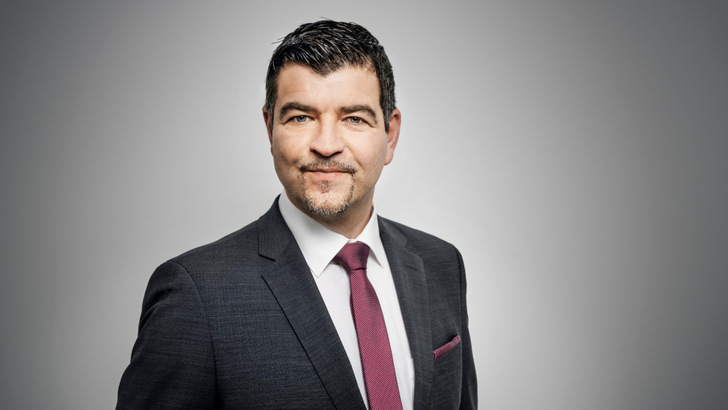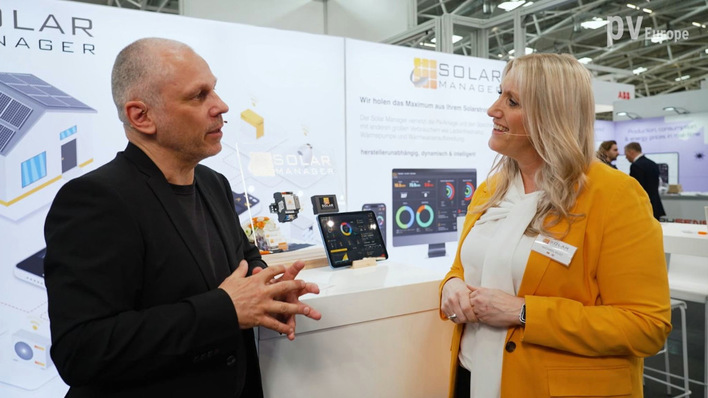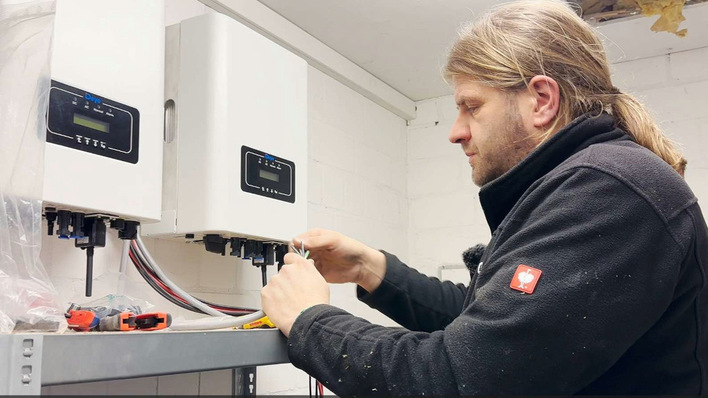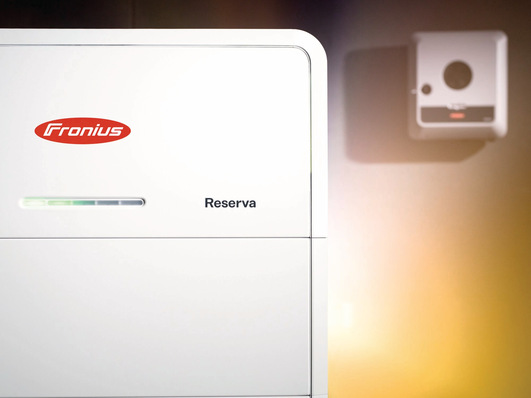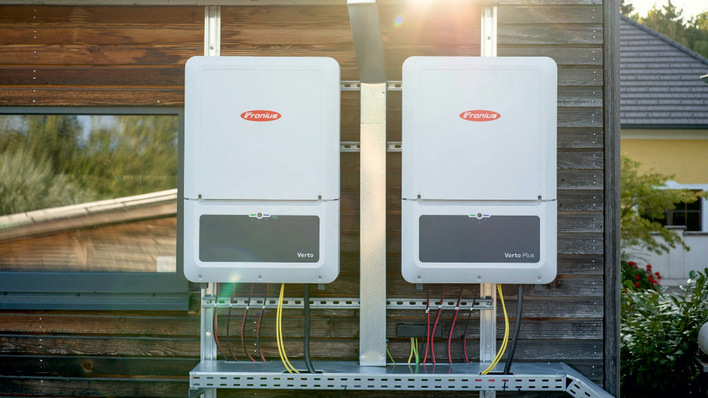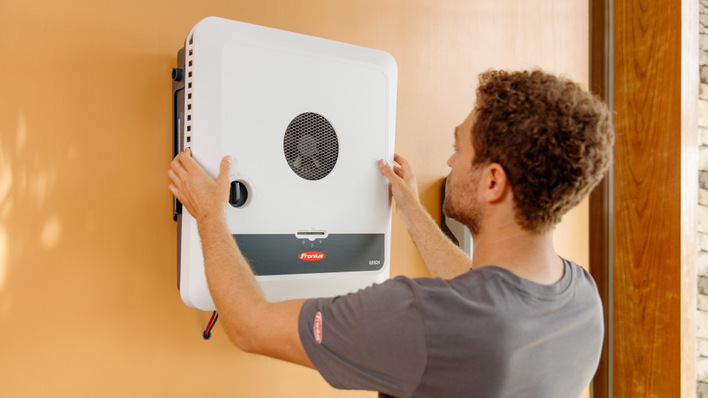Why is energy system security becoming a bigger issue, and what risks are involved?
Harald Scherleitner: Alongside product-level cybersecurity, we also see European energy security as a crucial concern. In a time of geopolitical tension, Europe has become increasingly dependent on China for key energy infrastructure. Other sectors, such as telecommunications, are already more alert to the risks posed by untrusted suppliers. But in solar infrastructure, there’s far less scrutiny and that needs to change.
Intersolar Europe 2025: Fronius unveils new products
What is Fronius proposing in response?
We are calling for a European-level initiative to implement an “Inverter Security Toolbox”, based on the “5G Security Toolbox” model. This could include a whitelist of trusted manufacturers, which would govern access to feed-in connections across the European grid.
Austria recently introduced a bonus for components manufactured in Europe. Has this had an effect?
The rules have only just been finalised, but the interest from customers is already huge, especially among installers, who are fielding a wave of questions. We’re confident this is the right strategy, and we’ll see it reflected in order volumes. More broadly, we’re seeing strong demand for products made in Europe. Expanding our manufacturing capacity in Austria and focusing on regional value creation is resonating well with customers who increasingly prioritise European sourcing.
Fronius offers emergency power and is introducing a new storage system
The EU has committed to reviving the solar industry. Have you seen any concrete support from Brussels yet – such as funding?
Not yet. What would help most are less bureaucracy and a well-designed incentive to favour European manufacturers. We also see the need for more planning certainty and accelerated grid expansion. Despite some positive signals on support, clear and streamlined permitting is still missing in many places, especially at local level. A faster roll-out of storage and grid infrastructure is essential if the energy transition is to succeed across Europe.
You mentioned loyal installers who stood by Fronius during the downturn. How important was their support?
Installers are our most important partners. Without them, we couldn’t keep evolving. We experienced l genuine consistent loyalty, and that helped us tremendously. It’s enabled us to grow together and strengthen our market position. In return, we support their work with a broad portfolio of components from a single source.
Fronius expands partnership with installers
How many installers take part in your training programmes?
Between 5,000 and 6,000 each year at our site in Wels. Across both business areas, we count more than 28,000 training and virtual event participants annually.
How do you train partners in international markets?
That depends on the market’s maturity and how developed our local presence is. In smaller markets, we usually link training to sales events. In mature markets with our own technical teams and service infrastructure, we run larger-scale training courses for system partners. But you don’t have to be a system partner to install Fronius technology.
Fronius launches Reserva battery storage system
Which European markets are especially promising in 2025?
We see strong momentum in Spain, Italy and France. The Czech Republic and Poland are also developing very positively and offer good growth opportunities.
And what about the Benelux region – is it still relevant for Fronius?
Absolutely. Even if the market seems quieter this year, Benelux remains an important part of our European strategy. We’re watching closely to see how it evolves in the coming months. Ukraine was once a key market for us. Despite the ongoing war, we’re proud to still have a small and committed team on the ground in Kyiv. (HS/TF)
Top information for your daily business! Stay informed with the pv Europe newsletter

